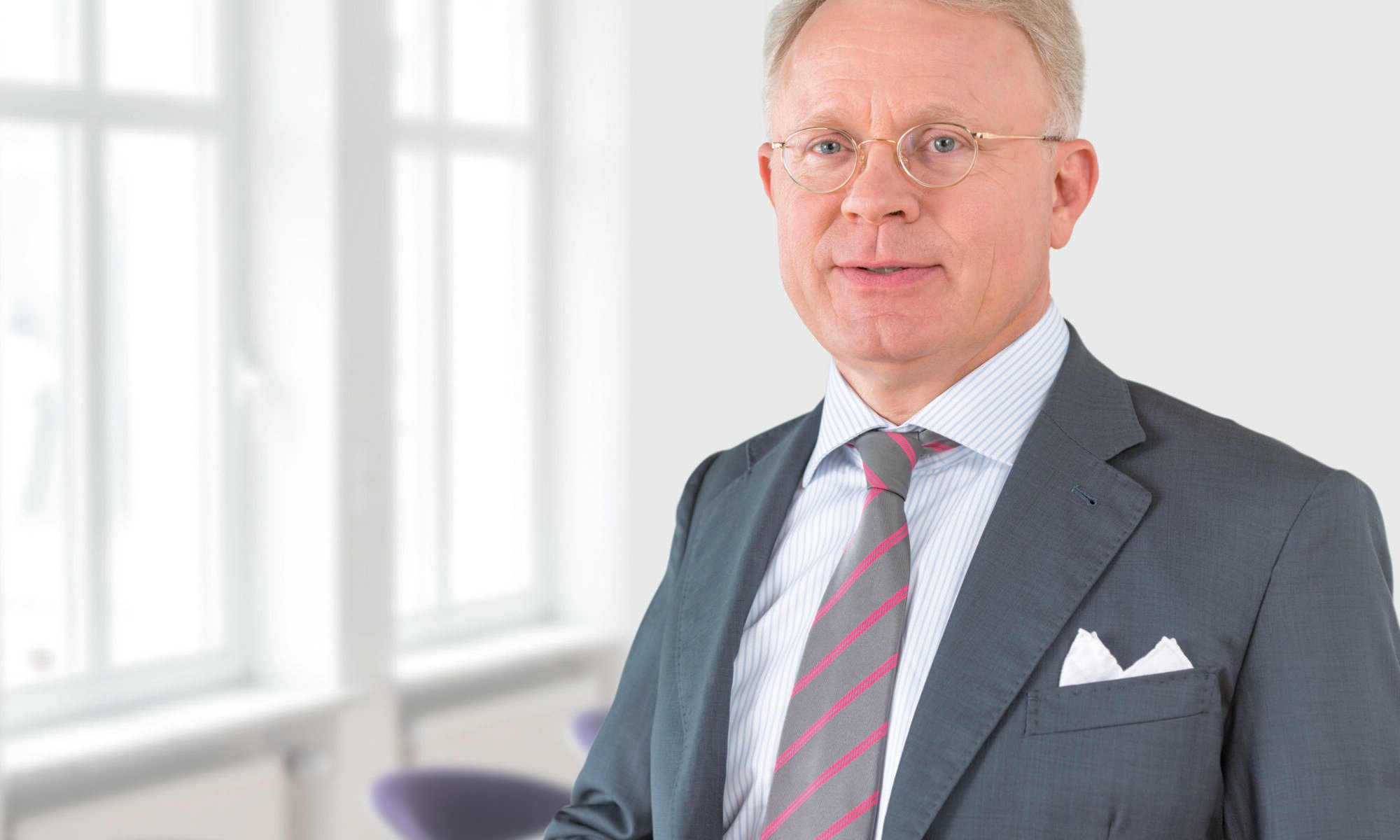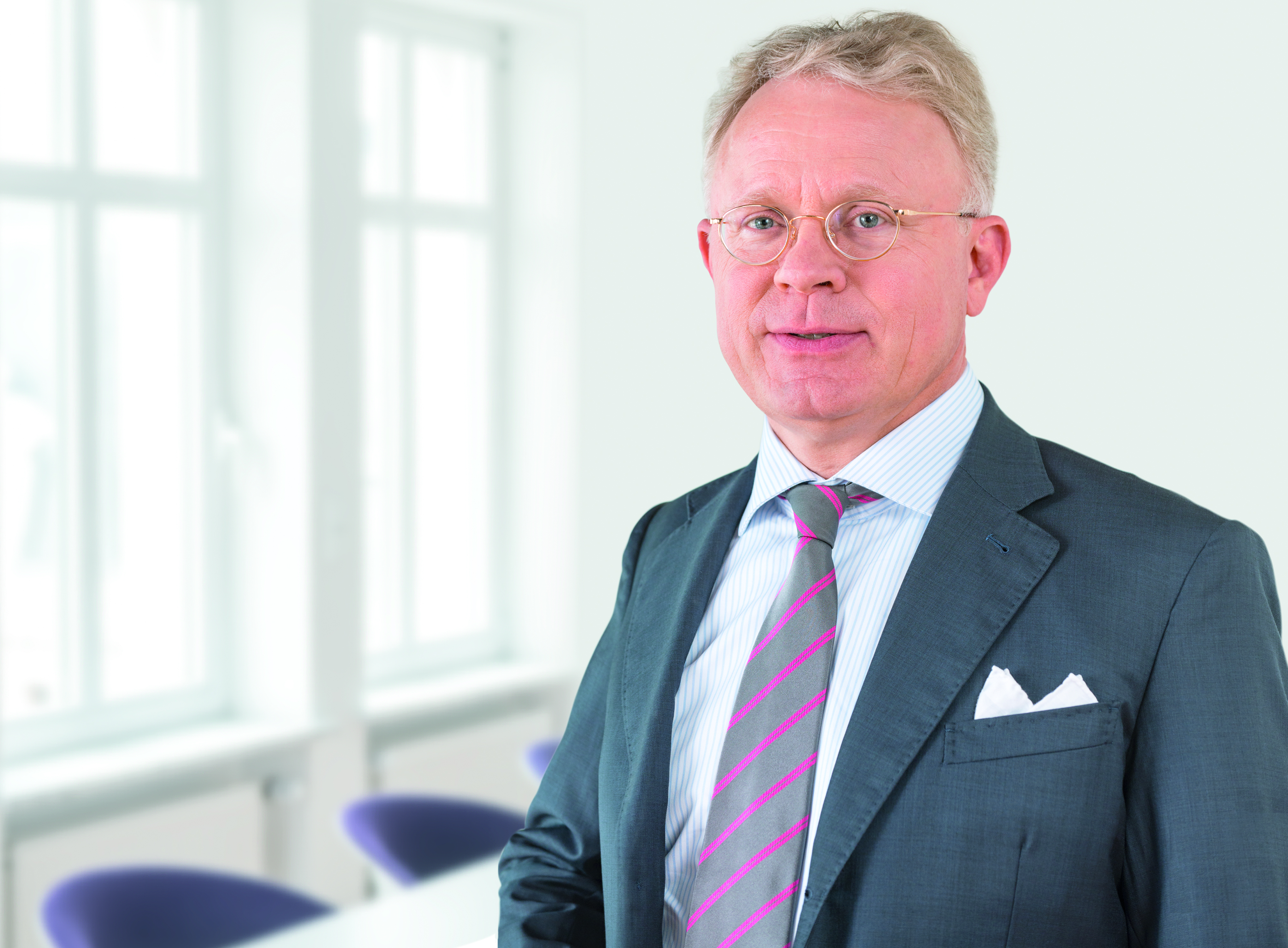A number of international firms are present in Luxembourg. What impact has this had on the Luxembourgish legal market?
It quickly became clear that the international firms, and particularly Magic Circle firms, were running their practices smoothly, efficiently and professionally. The growing number of international lawyers in Luxembourg at the large firms also brought a lot of know-how, both technical and professional. These factors had the inevitable consequence of presenting Luxembourg’s law firms with harsh competition, but the result was that this forced local firms to improve. Having the international law firms here is a true benefit, as they have not only spurred business growth but also helped render local firms more attractive to clients looking for independent firms that operate on an international level, and are more cost-effective.
What sets your firm apart from others in Luxembourg?
Our staff and clients differentiate MOLITOR from other firms in two ways: i) our one-stop shop legal excellence, which combines a renowned savoir-faire in litigation matters with in-depth expertise in varied practice areas, a unique combination in Luxembourg; and ii) what I would call a robust internal social network which promotes a cycle of respect, trust and candour within the firm and in the interactions with our clients. We achieve and maintain this uniqueness not only by hiring the best talents but also by ensuring that only those who understand, abide by and promote our four key values (Service Excellence, Integrity & Trust, Teamwork, and Approachability) form part of our tightly-knit team, so as to best serve our clients.
We cater to our longstanding Luxembourgish clients, as well as to new ones, particularly because Luxembourg is an attractive country for start-ups. However, because of the huge number of global businesses who headquarter in Luxembourg, we have a strong international client base, whilst remaining very focused on our practice in Luxembourg. Thanks to the size of our firm, we can continue to operate as a family. The departments are very cohesive and work well together on complex matters requiring specialisms from our various practice areas; and further, because of our size, our clients receive personal and targeted service from us, and they know the particular lawyer or lawyers dealing with their respective matters. This sets us apart from many law firms, and allows us to deliver quality and add value where necessary.
Are there specific practice areas you see as particularly thriving, which you intend to bolster in coming years? Are there any new areas of practice that have emerged recently?
In line with our philosophy of providing a comprehensive range of legal services to our clients, we are always on the lookout for emerging areas of expertise. Bearing that in mind, we are, for instance, currently further developing our services in the highly critical and topical areas of cybersecurity and white collar crime.
How active are members of your team in terms of thought leadership?
Our lawyers, time permitting, are very active in terms of adding value for our clients wherever they can. Armel Waisse, in particular, is widely published in journals and magazines. Both Armel and Philippe Thiebaud are lecturers at the University of Luxembourg law faculty. We publish regular newsflashes on significant changes to the law in various practice areas on our website and LinkedIn; we also prepare and send guidance materials to our clients on topics of interest or changes in the law resulting from current affairs; and given that we can no longer provide face-to-face seminars, we now provide online webinars that clients can either attend live, or alternatively watch them at a later date to suit their schedules.
Thanks to our membership of numerous associations and networks relevant to our practice areas, our lawyers are kept well-apprised of national and international legal developments, which in turn means that we are very well placed to advise our clients in all our practice areas.
What are your firm’s policies on diversity and inclusion? Does your firm have any specific diversity initiatives?
Our firm’s diversity and inclusion policies are a core part of the workplace culture, but at MOLITOR we are fortunate that the context of our work is a great help in implementing them. Luxembourg boasts residents from over 170 different countries and therefore when we recruit, invariably we interview and employ individuals with nationalities other than Luxembourgish, from a wide variety of backgrounds and ethnicities. We embrace diversity and are strongly committed to inclusion across race, gender, age, religion and identity. The workplace at MOLITOR wholly welcomes different approaches and points of view, and is a place where everyone from any background can feel empowered. We feel that supporting this environment allows our employees to work to the best of their abilities as they have the freedom to be who they are.
The firm is particularly renowned for its disputes practice. How is the firm uniquely placed to assist clients in this space?
MOLITOR is extremely proud of its dispute resolution practice, in relation to contentious matters, but also our mediation and alternative dispute resolution expertise. Strong leaders in the latter are a rare find in Luxembourg. Because of the variety of sectors that MOLITOR’s lawyers specialise in, the dispute resolution team has the strong advantage of being able to advise clients across numerous industries and practice areas, whilst providing sharp strategical advice and planning and, if cases proceed to court, excellent eloquence and advocacy skills.
A particularly distinctive aspect of MOLITOR’s core practice area of Litigation and Dispute Resolution is that the team comprises not only lawyers specialising in litigation, but we also attract lawyers from the larger firms, who have extensive experience working in corporate, M&A and financial services. This combination confers on the team great capability and strength in financial and corporate litigation and gives MOLITOR the edge.
What Corporate Social Responsibility activities does your firm participate in?
The different generations in our firm are all inspired to contribute to society and the environment. We are therefore highly motivated to invest in multiple corporate social responsibility activities at MOLITOR. The most significant one is giving pro bono advice. We regularly act on a pro bono basis on various matters and we are proud to contribute to the development of the local economy and to improvements in our society by providing free legal assistance and supporting charitable causes. Our pro bono engagements include advising and providing legal representation to and on behalf of various charity groups, non-profits and other public interest organisations. We provide legal support for their day-to-day operations, we draft by-laws, statutes and other necessary legal documents, represent them before the courts, advise them on administrative matters, and on how to implement measures imposed by governmental authorities.
How is the Luxembourgish market uniquely positioned to support companies active in the investment funds field?
Luxembourg’s success in the financial sector over the past thirty years, and in particular in investments funds, is primarily a result of its unique specialisation in cross-border activities. The expertise in Luxembourg is second to none, and asset managers choose to base their funds here in order to benefit from the largest global investment fund distribution centre, renowned as having a robust framework and for being well-regulated and supervised. A further element contributing to Luxembourg’s unique position in this field is the flexibility of legal, structural and fiscal frameworks. It continues to develop investment fund vehicles, products, and services, whilst ensuring that the legal and regulatory requirements are reviewed and adapted to fit with the times.
Where do you foresee challenges for clients operating in the financial services sector?
Whilst in other countries the COVID-19 crisis may have caused difficulties in the financial services industry, the sector in Luxembourg has shown its resilience and quickly adapted to remote working conditions. Laws and regulations were changed to allow board meetings to take place virtually. The CSSF (Luxembourg’s Financial Sector Supervisory Body) worked closely with the tax administration and government to help financial service businesses to continue to run smoothly. In addition, the FinTech revolution brings a number of opportunities to the sector in Luxembourg, with, for example, virtual currency operators and e-payment institutions setting up here.
What has been the impact of the Covid-19 pandemic on business in Luxembourg and has this had an effect on the type of work you are seeing (eg cross-border work or investments in certain sectors)?
Economic activity declined sharply from March 2020, especially during the first lockdown. However, the Luxembourgish economy fared better than other European countries. The economic sector that has suffered the most over the last few months is HORESCA (Luxembourg’s hotel, restaurant and café industry). Other areas such as the construction industry or retail suffered significantly during the first lockdown but managed to pick up some lost ground over the summer months, and especially towards the end of it. Covid-19 had a significant impact on the type of work that came our way. At the start of the crisis, we mainly saw an increase in requests linked to employment law, in particular partial unemployment, remote working and employment retention measures. Transaction work slowed down significantly between March and May but noticeably increased at the end of the first lockdown. There has, naturally, been a major increase in disputes (for example in relation to commercial leases and insurance contracts), given the issue of whether or not a pandemic falls under contractual force majeure clauses, for instance, and therefore whether or not commercial rents are payable, or insurance coverage must be paid out.
What do you foresee as the next significant growth industry in Luxembourg?
Although banking and finance in Luxembourg have continued to be at the forefront of the economy, various other sectors continue to develop as well. Growing industries, in which we are also actively involved, include international real estate, private equity, and IP/IT.
The country has always been a business-friendly regulator, with attractive tax frameworks, but it has more to offer than that. Research and development grants attract a good number of businesses to either set up or branch out in Luxembourg. In fact, numerous UK businesses have either already headquartered or will do so in Luxembourg as a result of Brexit and the resultant re-configuration of the EU, in particular in the insurance sector, where we have already seen a noticeable increase of insurance houses who have set up office here. There will also no doubt be further growth in the technology, cyber-security, data and space industries.
And last but not least our healthcare industry, which is a role model in the EU, continues to grow having showed great resilience during the COVID-19 pandemic with Luxembourg hospitals having provided support to several neighbouring countries.

